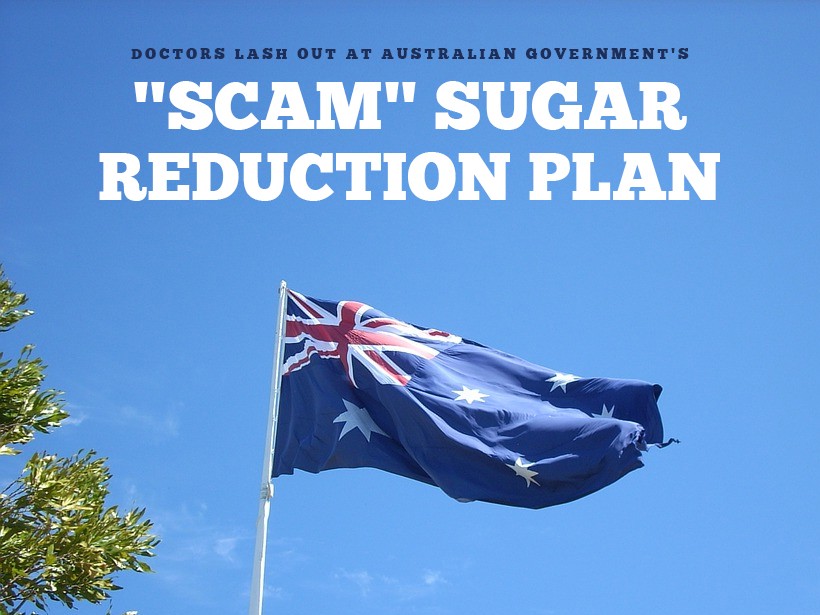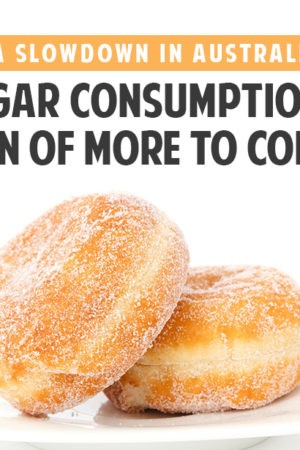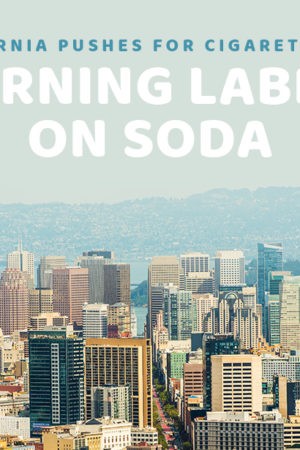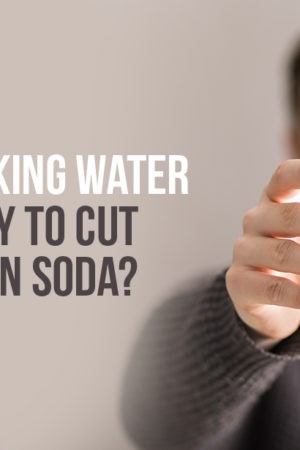The Australian Medical Association (AMA) has been hounding the government to come up with a coherent plan for reducing sugar consumption in the country, which suffers from rapidly increasing rates of obesity. According to a 2015 study, 28 percent of Australian adults are obese, and roughly two-thirds of all Australian adults are either overweight or obese.1
A Commitment to Cut Sugar
As sugar taxes make their way to more and more European and African countries looking to stay the global obesity crisis, industry groups like the Australian Beverages Council have sought to preempt government regulation with fixes of their own. That’s exactly what’s happened in Australia: the government has accepted a pledge from the soft drink industry to reduce its use of sugar by 20 percent by 2025.
Doctors, however, have identified a problem: it’s a scam.2
For one thing, the companies are committing to reducing sugar on average across the industry portfolio, meaning that–in theory–they could simply up their production of bottled water in order to meet the percentage-based reduction. In fact, beverage companies could meet the mark without lowering sugar content at all.
But the issue cuts even deeper, according to AMA president Tony Bartone. “This is an attempt to try and perhaps muddy the waters in terms of creating a…diversion from the real issue,” he said. “A sugar tax will address this problem of trying to reduce the consumption, which is at the heart of the problem.” Indeed, the industry’s complicity in putting together the pledge seems to suggest that it is a low-cost, low-risk alternative to more dramatic steps by the Australian government.
For Australian doctors and health experts, a sugar tax would ideally be only the start of a more comprehensive assault on sugar consumption. A mandatory health star-rating system and restrictions on marketing to young children are part of their vision for a large-scale crackdown on the industry. Jane Martin, of the Obesity Policy Coalition, says that only a “raft of measures” like these would demonstrate that the Australian government was serious about taking on the public sugar crisis.3
“It’s a scam,” said global health expert Rob Moodie of the University of Melbourne. “We know that sales are dropping so they’d probably reach the [10 percent midway] 2020 target without changing the sugar content at all.”4
Regulation Versus “Government Support”
The government, however, which announced its full support for the plan, has rejected the skepticism of experts. Like many government representatives looking for an alternative to a politically controversial sugar tax, Health Minister Greg Hunt has tried to convince the public that the sugar industry is capable of regulating itself. According to Hunt, government support must be combined with the participation and “practice of industry.”
Such strategies are nothing new, and the industry has often either partnered with governments or preempted them in developing ways of staving off taxes. Kellogg developed a traffic light labeling system of its own before the British government had a chance to implement one, and even installed one of its own researchers at the British Food Standards Agency.
Time will tell whether or not the new Australian pledge will show results. Regardless, it stands as a good example of the delicate balance between direct government action and mediated government “support” for a change in the industry.
NUTRITIONAL DISCLAIMER
The content on this website should not be taken as medical advice and you should ALWAYS consult with your doctor before starting any diet or exercise program. We provide nutritional data for our recipes as a courtesy to our readers. We use Total Keto Diet app software to calculate the nutrition and we remove fiber and sugar alcohols, like erythritol, from the total carbohydrate count to get to the net carb count, as they do not affect your blood glucose levels. You should independently calculate nutritional information on your own and not rely on our data. The website or content herein is not intended to cure, prevent, diagnose or treat any disease. This website shall not be liable for adverse reactions or any other outcome resulting from the use of recipes or recommendations on the Website or actions you take as a result. Any action you take is strictly at your own risk.
- California Pushes for Cigarette-Like Warning Labels on Soda - July 1, 2019
- Is a Slowdown in Australia's Sugar Consumption a Sign of More to Come? - June 24, 2019
- Groundbreaking Study Says the Sugar Rush Doesn't Exist - June 12, 2019































